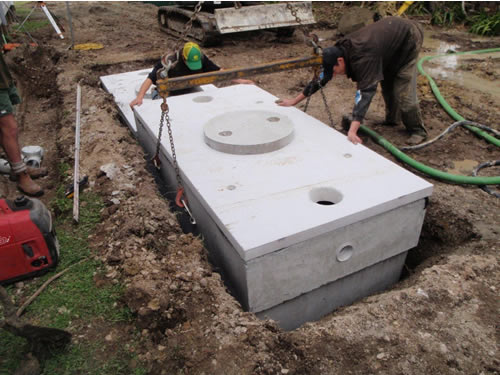
26
If you're planning on installing a septic tank on your property, there are several things you need to do to prepare for the installation process. Proper preparation ensures that the installation process goes smoothly and that you can start using your septic system as soon as possible. In this article, we'll discuss how to prepare for your septic tank installation, including septic tank pumping and finding a reliable septic company.
Before installing a septic tank, you'll need to get a site evaluation from a septic system professional. The professional will evaluate the soil type, water table depth, and other factors to determine the best location for the septic tank. They will also determine the size of the tank based on the number of bedrooms in your home and the number of people who will be using the system.
You'll need to check with your local government to see if you need any permits for the installation. Most municipalities require permits for septic system installations, so it's important to make sure you have all the necessary paperwork before starting the installation process.
The area where the septic tank will be installed needs to be cleared of any obstacles or debris. This includes removing trees, rocks, and other obstacles that could interfere with the installation process. The septic tank company will need enough space to maneuver the equipment and install the tank, so make sure the area is clear before they arrive.
Before digging, you need to locate any underground utilities in the installation area. This includes gas lines, electrical lines, and water pipes. You can call your local utility company to locate any underground utilities before the installation process begins. This will prevent any damage to the utility lines and keep you and your family safe during the installation process.
Before the septic tank installation, you should schedule a septic tank pumping with Charlotte Septic Pros. This will ensure that the tank is completely empty and ready for the installation process. It's important to have the tank pumped by a professional septic company to prevent any damage to the tank or your property.
Finding a reliable septic company is crucial for a successful septic tank installation. Look for a company with experience installing septic systems and a good reputation in your community. You can ask for recommendations from friends and family or search for reviews online. Make sure the company you choose is licensed and insured to protect yourself and your property. Charlotte Septic Pros is a great option that fits these criteria.
During the installation process, there will be heavy equipment and workers on your property. Be prepared for the noise and disruption by keeping your pets and children away from the installation area. You should also plan to be home during the installation process to answer any questions the septic company may have.
Proper preparation is essential for a successful septic tank installation. You need to get a site evaluation, check for permits, clear the installation area, locate underground utilities, schedule septic tank pumping, find a reliable septic company, and be prepared for the installation process. By following these steps, you can ensure that your septic tank installation goes smoothly and that your septic system functions properly for years to come.
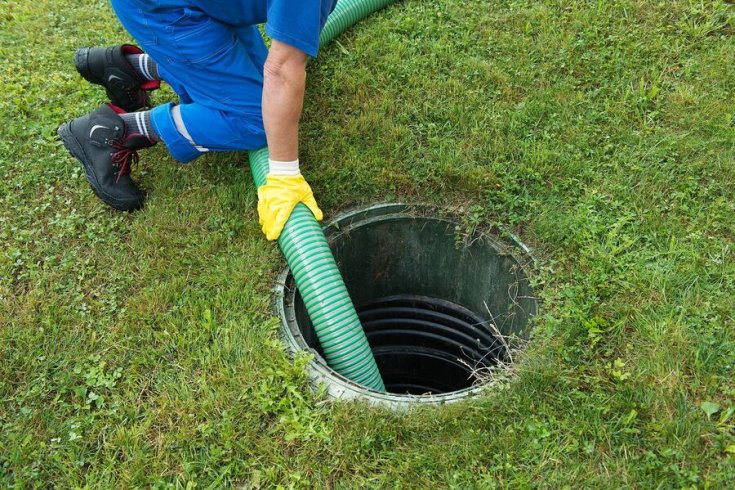
18
Reliable and Affordable Septic Services A properly functioning septic system is essential for any home or business that relies on…
Read more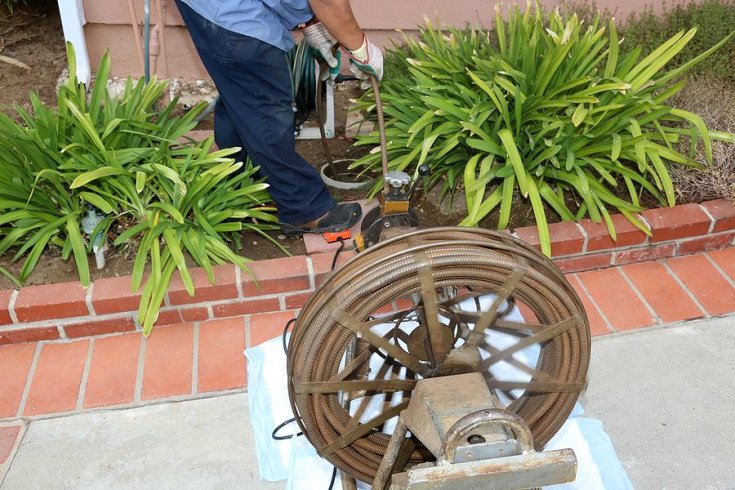
09
Signs and Solutions for a Failing Drain Field Your septic system plays a critical role in managing household wastewater, and…
Read more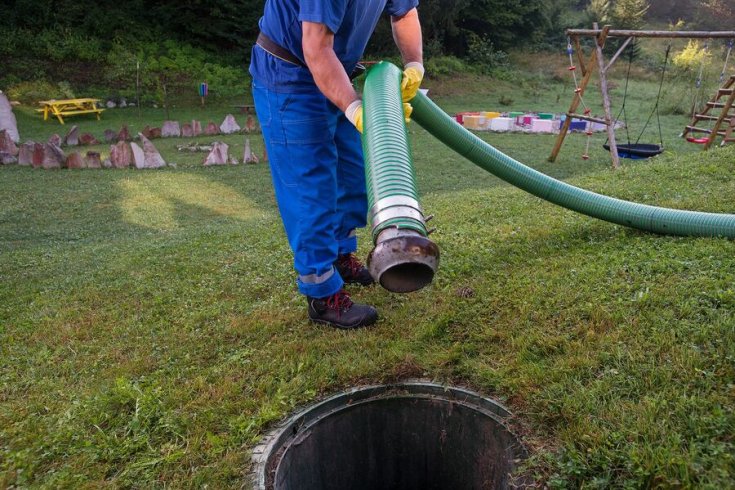
03
A Newbie’s Guide to Septic Pumping If you’re new to homeownership and have a septic system, you might be wondering…
Read more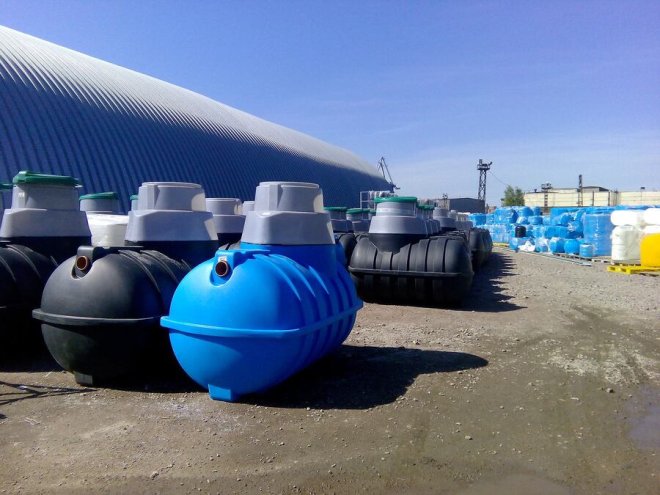
28
How to Prepare for Septic System Installation Installing a septic system is a major investment for any property that lacks…
Read more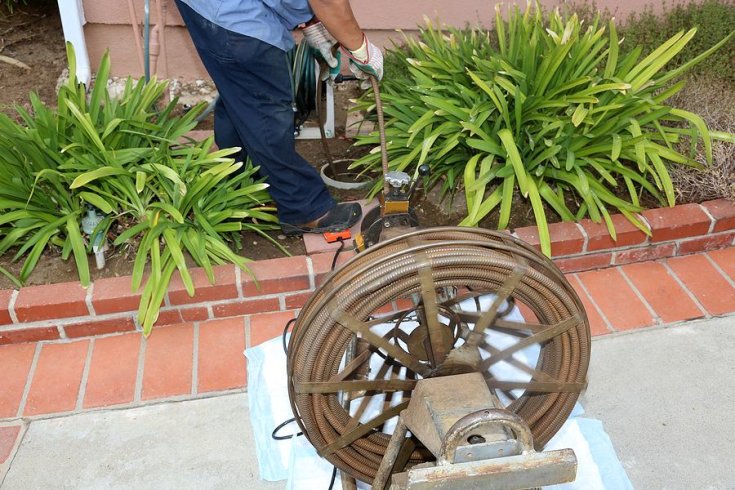
20
How Main Drain Cleaning Can Prevent Sewer Backups Sewer backups are one of the most unpleasant plumbing emergencies homeowners can…
Read more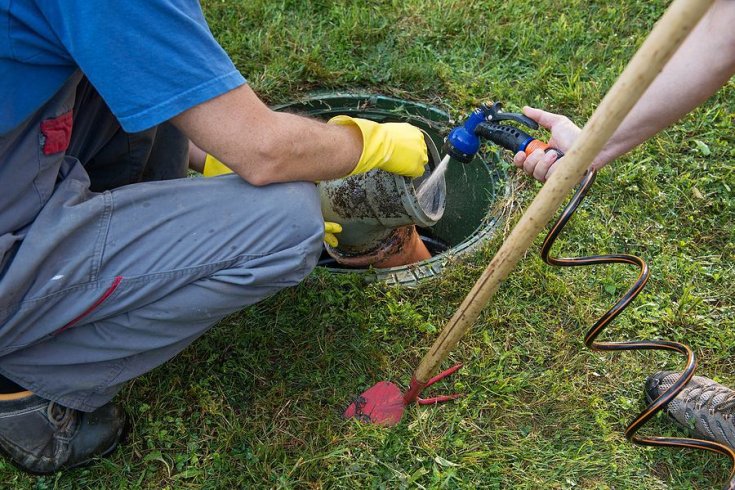
13
What to Do When You Have Drainage Problems Drainage problems can be frustrating and cause serious damage if left untreated.…
Read more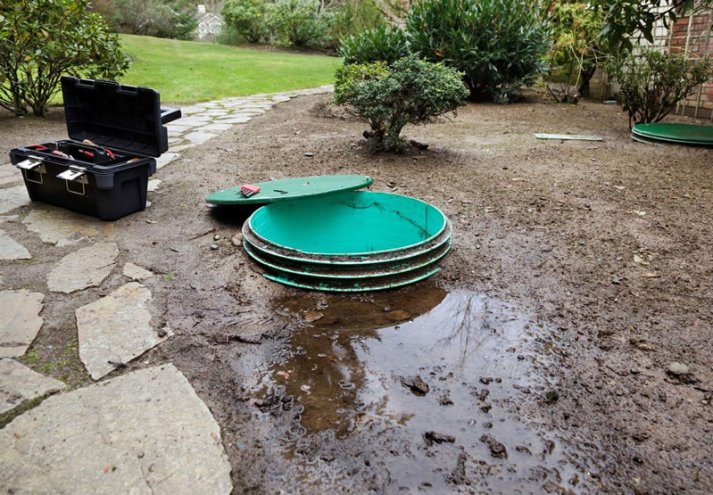
04
Signs and Causes of Septic Leaks A leaking septic system can pose serious health and environmental risks. If left untreated,…
Read more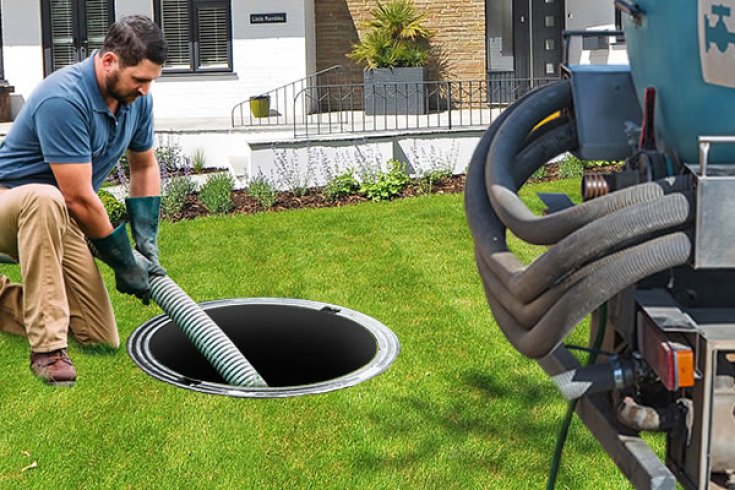
02
Unusual Septic Tank Blockages: Keeping Your Septic System Healthy A properly functioning septic system is crucial for any home or…
Read more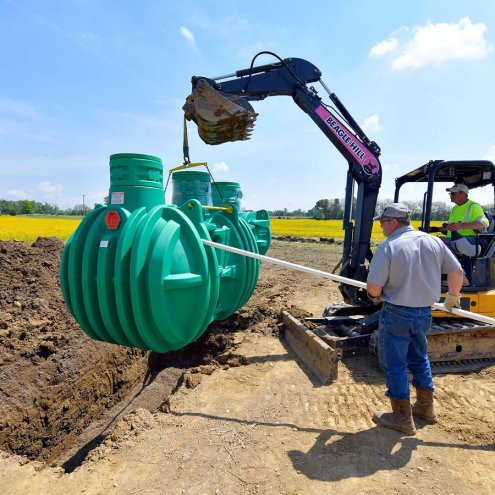
23
Seasonal Weather and Septic Systems Tank Your septic system plays a vital role in managing household wastewater, but seasonal weather…
Read more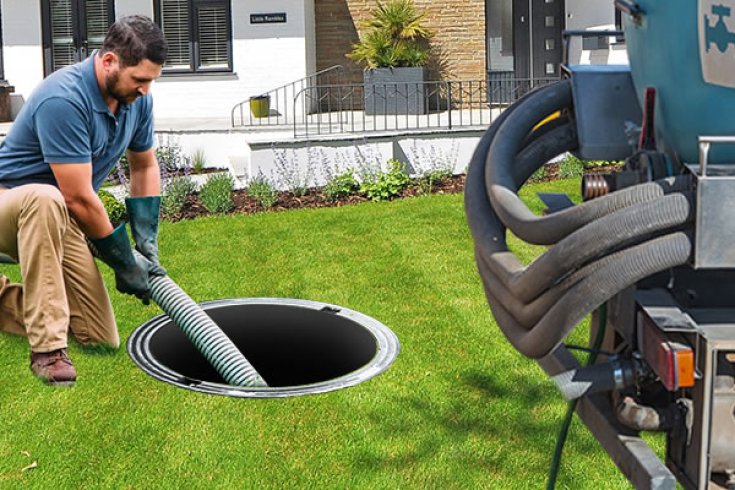
15
Why Toilet Paper Matters to Your Septic Tank Many homeowners don’t give much thought to their toilet paper—until it starts…
Read more